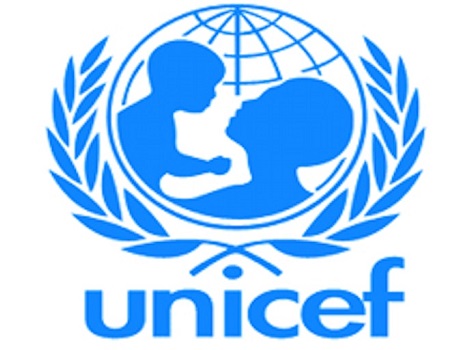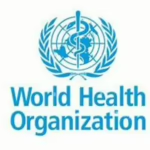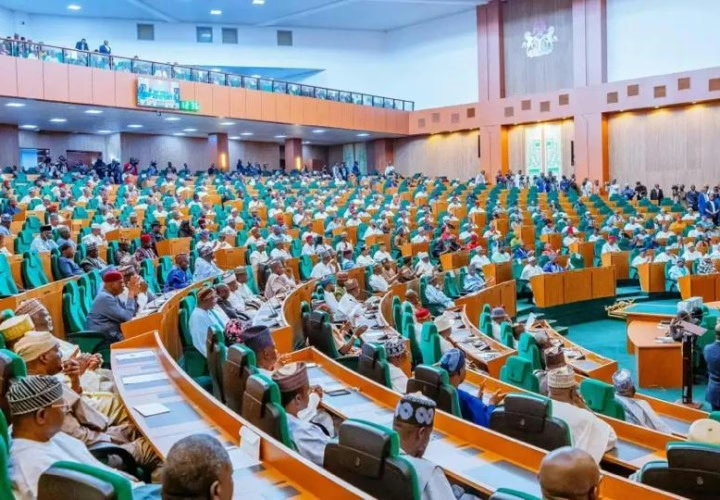The United Nations Children’s Fund (UNICEF) has sounded a dire warning that 200 million Nigerians face the threat of contracting 17 Neglected Tropical Diseases (NTDs), putting the country at risk of a significant health crisis.
This alarming revelation came during a two-day media dialogue in Lagos, themed “Ending Open Defecation in Nigeria and Eliminating Neglected Tropical Diseases.” The event, held on Friday, aimed to highlight the urgent need for improved sanitation, especially focusing on the rampant issue of open defecation.
NTDs, a group of infections affecting the world’s poorest communities, cause debilitating disabilities and, in some cases, death. These diseases are most prevalent in areas lacking clean water and proper sanitation—conditions that remain all too common across Nigeria.
Speaking to journalists, Jane Bevan, UNICEF’s Chief of Water, Sanitation, and Hygiene (WASH) in Nigeria, noted that diseases like schistosomiasis, trachoma, and intestinal worms are preventable. However, the persistent issues of open defecation, poor hygiene, and inadequate access to clean water continue to expose millions to these illnesses.
A recent report from the WASH National Routine Mapping (WASHNORM) revealed that 47 million Nigerians still engage in open defecation, while only 18 per cent of the population (37 million people) have access to safely managed sanitation services. Ebonyi State leads in open defecation, followed by Plateau, while Zamfara records the lowest rate at just one per cent.
In response to this sanitation crisis, UNICEF, alongside government agencies, private sector partners, civil society groups, and influential personalities, is intensifying efforts to eradicate open defecation by 2030. The initiative includes constructing sanitation facilities across urban and rural communities, launching hygiene education programmes, and engaging local communities to foster behavioural change.
Bevan emphasised that ending open defecation is a vital step towards halting the spread of NTDs. “Unless we all practice safe sanitation and hygiene, we are at greater risk of contracting more NTDs,” she said, adding that handwashing is an effective, low-cost “immunisation” that could save lives and protect Nigerians, especially children, from these diseases.
Echoing these concerns, Mr Monday Johnson, UNICEF’s WASH Specialist for the South-West zone, said Nigeria bears the highest NTD burden in Africa, with open defecation playing a significant role in their transmission. He identified diseases such as onchocerciasis, lymphatic filariasis, and trachoma, which are spread through contaminated soil and faeces, thus perpetuating a cycle of poverty, malnutrition, and illness. “Improved sanitation and hygiene practices are key to breaking this cycle and protecting vulnerable populations, particularly women and children,” Johnson added.
Johnson further explained that NTDs thrive in conditions of poverty and poor sanitation, reinforcing the link between open defecation and disease. He noted that tackling these issues is not only a matter of health but also an economic imperative, as NTDs often lead to catastrophic healthcare costs and reduced productivity.
Mrs Chizoma Opara, the National Coordinator of the Clean Nigeria Campaign, expressed concern that Nigeria is off-track to become open defecation-free by 2030. She highlighted the need for 20 million toilets to be built across the country, both in public and private spaces, and underscored the vast funding gap. An annual investment of $10 billion is required, but current investments stand at only $0.8 billion.
Opara also pointed out challenges such as weak political prioritisation, inadequate policies, and limited private sector involvement. However, she reaffirmed the campaign’s commitment to ensuring that by 2030, every Nigerian will have access to safe sanitation and hygiene facilities, with effective systems for managing waste in place.
On her part, Blessing Ejiofor, UNICEF Nigeria’s Communication Officer, urged the media to ramp up efforts to raise awareness about the dangers of open defecation. She stressed that achieving progress in other health interventions would remain elusive without first addressing the sanitation crisis.
As the 2030 deadline looms, it is clear that the battle against open defecation and NTDs requires urgent and sustained action.











Leave a Reply